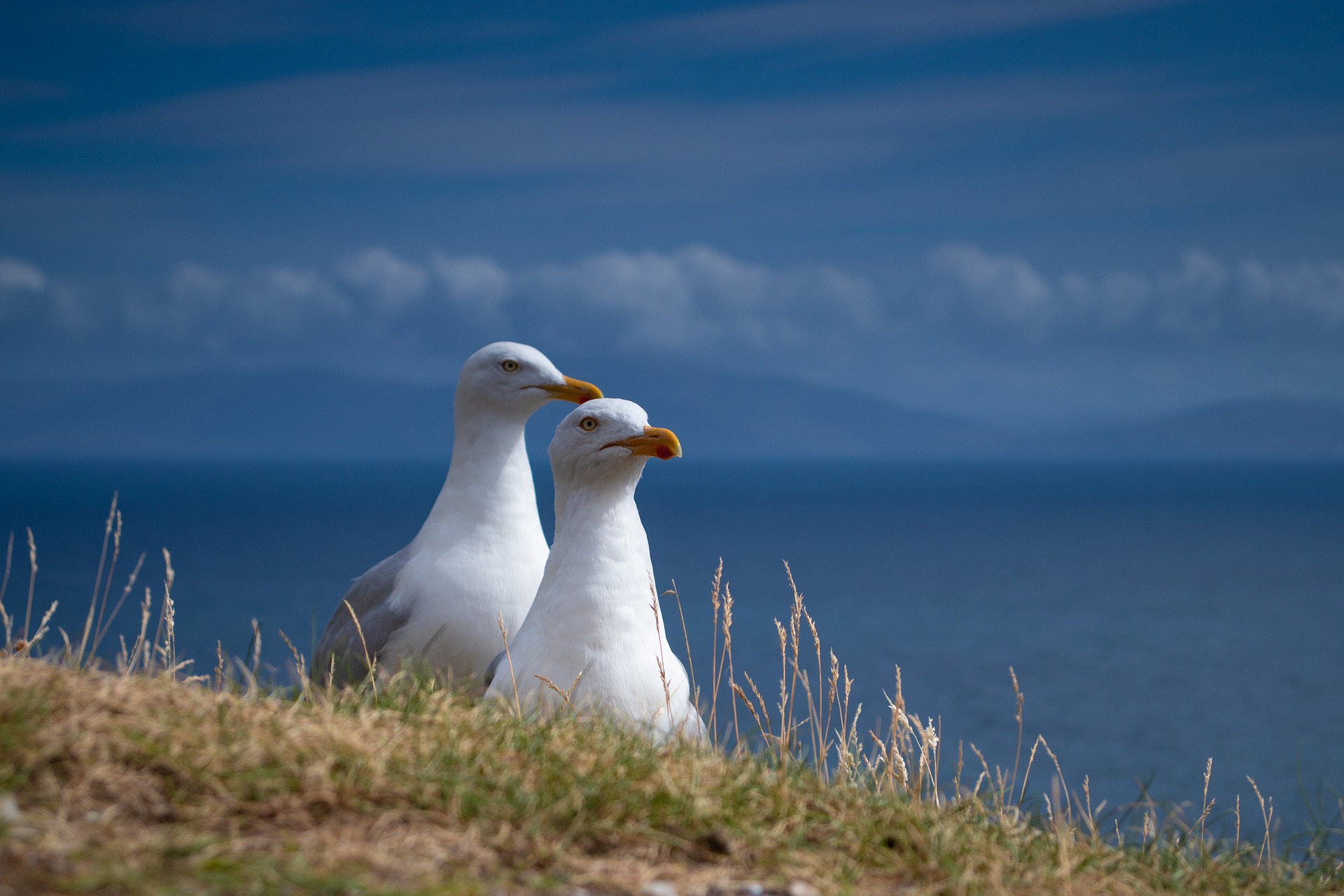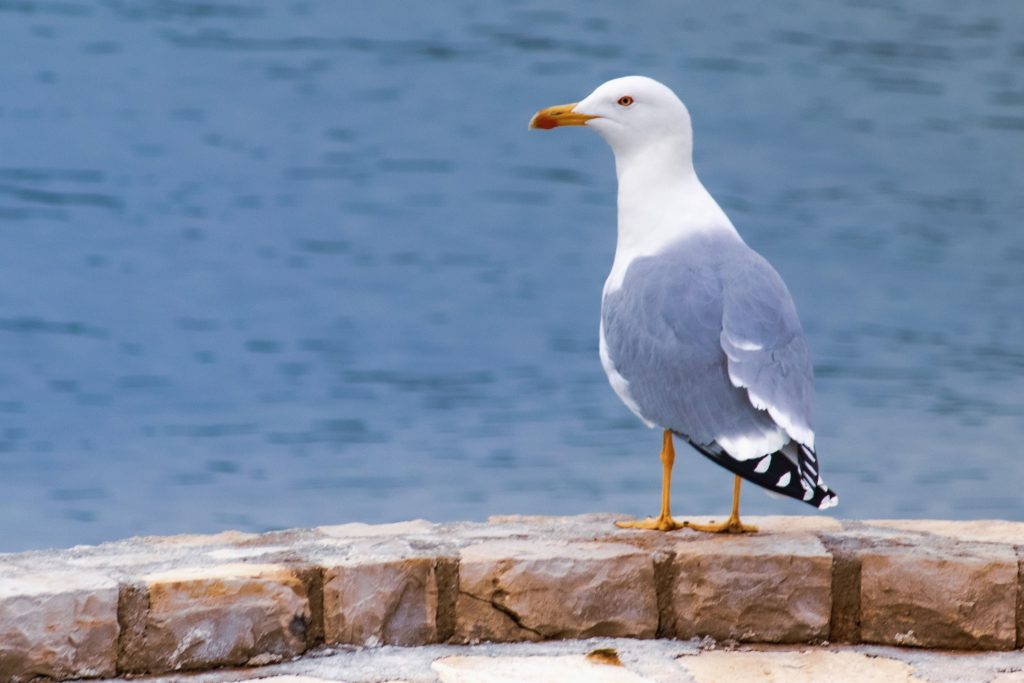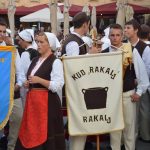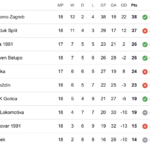A staple feature of the Adriatic coast, seagulls have been more of a nuisance than a pretty sight in recent times. The sleek white birds are growing more daring by the day, nesting in urban areas, rummaging through rubbish bins, and commonly seen swooping in and ripping tasty-looking snacks straight out of the hands of unsuspecting tourists.
The avian marauders are becoming more aggressive and are known to harass people outdoors. They’re predominantly food-driven and will attack whenever a prospect of scoring a snack is involved.
Efforts have been made to keep the Caspian gull population in check, particularly in western Istria where a project was implemented 10 years ago with the goal of decreasing the numbers of pesky gulls in urban areas.
The project was initially launched in Poreč in 2011, and soon resulted in a 70% decrease in the population of seagulls in town. Novigrad, Rovinj and Pula have joined the initiative in the years since, with the local tourist boards appealing to the citizens to report any sightings of seagull nests on residential and commercial buildings.
Pula is now doubling down on seagull control, as reported by Morski.hr. Drones are being used to monitor the areas known as seagull habitats, and fake eggs are being planted in their nests to keep the gull population under control. The birds can’t tell the difference and accept plastic eggs as if it were their own; they’re known to be calmer and less aggressive during this time, and once the ‘incubation’ period is over, they leave the nests in search of new adventures.

The Veterinary Hospital Poreč which manages the project has published brochures containing detailed information on Caspian gulls that inhabit the Istrian coast. The birds that once only used to nest on uninhabited rocky islands have now moved to urban areas; as they prefer to nest on flat surfaces, they’ve been choosing flat roofs of hotels and family homes to build their nests.
The gulls nest from April to June, laying 3-4 eggs at a time that take about a month to hatch. They have a long lifespan and are known to live for up to 35 years! That’s a lot of time to procreate, and seeing that they have no natural predators, the gull population would likely keep increasing into oblivion if it weren’t kept in check with humane control measures.
Whether you’re only visiting Istria or staying long-term, what can you do to help? Remember to close garbage disposal bins and don’t leave any garbage on the ground around the bins, on beaches, or in any other outdoor areas. Garbage bags are not to be left outside overnight, especially in historic city centres, as the gulls are drawn to plastic bags which they got to know as their main source of food. And above all, never, ever feed the gulls!
The City of Pula has put up brochures with more information on their website – available in English, Italian and Croatian.
Think you’ve spotted a seagull nest in town? You can report the sighting by sending an email to info@veterina-porec.com or veterinarska.ambulanta-porec@inet.hr.










